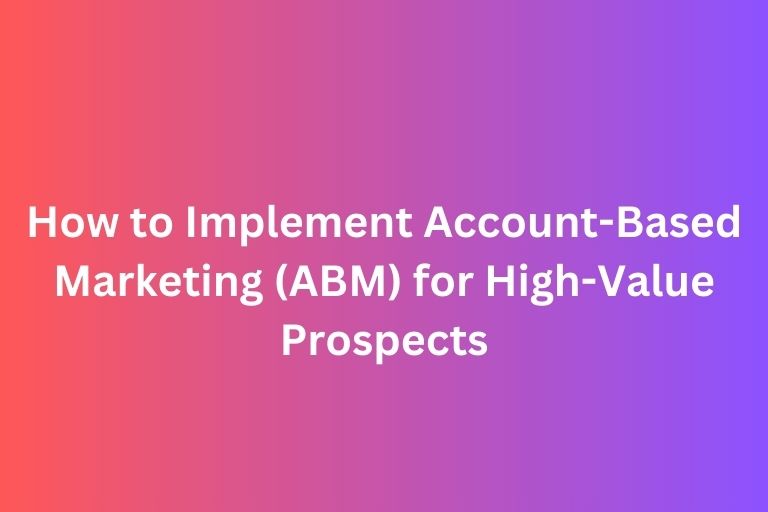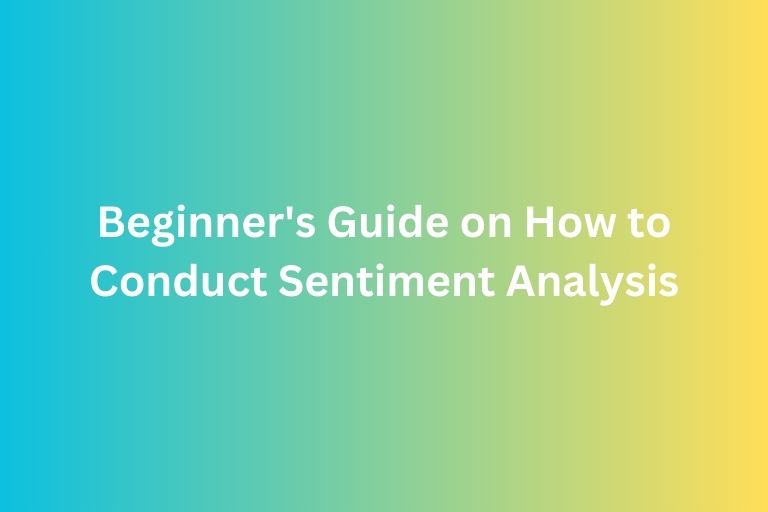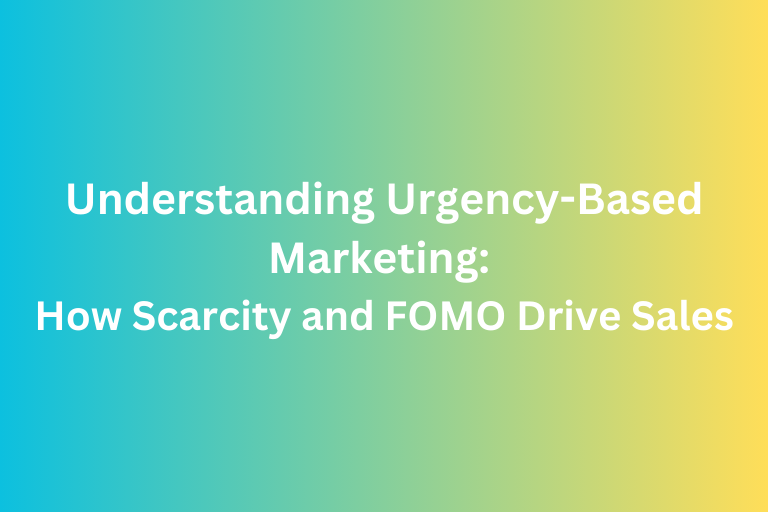Marketing is a vital function for any business, but not all marketing strategies are created equal B2B (Business-to-Business) and B2C (Business-to-Consumer) approaches. Each targets a different audience, follows unique buying behaviors, and requires tailored strategies to achieve success.
In this article, we’ll explore the key differences between B2B and B2C marketing, and how understanding these distinctions can help businesses thrive.
What Is B2B Marketing?
B2B marketing focuses on selling products or services to other businesses. The target audience often includes decision-makers like executives, procurement teams, or department heads. A B2B products or services may include software solutions, industrial equipment, or consulting services.
For example, A cloud computing company promotes its software to IT managers by highlighting its scalability, security features, and cost-saving potential. The campaign might include case studies from similar companies, a free demo, and LinkedIn ads targeted at decision-makers.
What Is B2C Marketing?
B2C marketing, on the other hand, targets individual consumers. The goal is to promote products or services that satisfy personal needs or desires, such as clothing, electronics, or entertainment subscriptions.
For example, A fashion brand markets its new summer collection through vibrant Instagram posts, influencer partnerships, and a limited-time discount offer. The focus is on aesthetics, trends, and immediate purchase incentives.
Key Differences Between B2B and B2C Marketing
1. Audience
- B2B: The audience consists of businesses and professionals making rational, often long-term purchasing decisions. These buyers are concerned with ROI, efficiency, and organizational impact.
- B2C: The audience is the general consumer, often driven by personal preferences, emotions, and short-term gratification.
2. Buying Process
- B2B: The buying process is typically longer and involves multiple stakeholders. Decisions are research-driven, requiring detailed product specifications, case studies, and ROI analysis.
- B2C: The buying process is usually faster and more impulsive. Customers might make decisions based on emotional appeal, brand loyalty, or promotional offers.
3. Marketing Goals
- B2B: The primary goal is to build relationships and demonstrate how the product or service solves a business problem or adds value. Trust and expertise are critical.
- B2C: The goal is to generate immediate interest and drive purchases. Emotional connections, entertainment, and brand personality often play key roles.
4. Communication Style
- B2B: Communication tends to be formal, focusing on logic, expertise, and data. Content often includes whitepapers, case studies, and webinars.
- B2C: Messaging is more casual and emotionally engaging, emphasizing storytelling, visuals, and personalized experiences.
5. Channels
- B2B: Common channels include LinkedIn, industry events, email campaigns, and niche publications. Content marketing like blogs and thought leadership articles is crucial.
- B2C: Popular channels include social media platforms like Instagram, Facebook, and TikTok, as well as TV ads, influencer marketing, and e-commerce sites.
6. Metrics for Success
- B2B: Success is measured by lead generation, customer acquisition cost (CAC), customer lifetime value (CLV), and return on investment (ROI).
- B2C: Metrics often focus on sales volume, website traffic, social media engagement, and brand awareness.
Hybrid Approaches Of B2B and B2C Marketing
While the distinction between B2B and B2C marketing is clear, some companies engage in hybrid strategies. For example, a software company selling both to businesses and individual users might craft separate campaigns to appeal to each group. Additionally, the rise of digital marketing has blurred some lines, with platforms like LinkedIn and Instagram catering to both B2B and B2C audiences.
Bottom Lines
Understanding the difference between B2B and B2C marketing is essential for creating targeted, effective campaigns. While B2B marketing emphasizes logic, relationships, and long-term value, B2C marketing thrives on emotion, immediacy, and broad appeal. By tailoring strategies to the unique characteristics of each audience, businesses can connect more deeply with their customers and achieve their marketing objectives.
Whether you’re selling to professionals or consumers, knowing your audience is the first step toward success.
Improve your site performance with FoxAdvert!
If you are looking forward on how to improve your business performance, our professional team of digital marketer at FoxAdvert experts can help you. Contact us today to start your journey 😊











